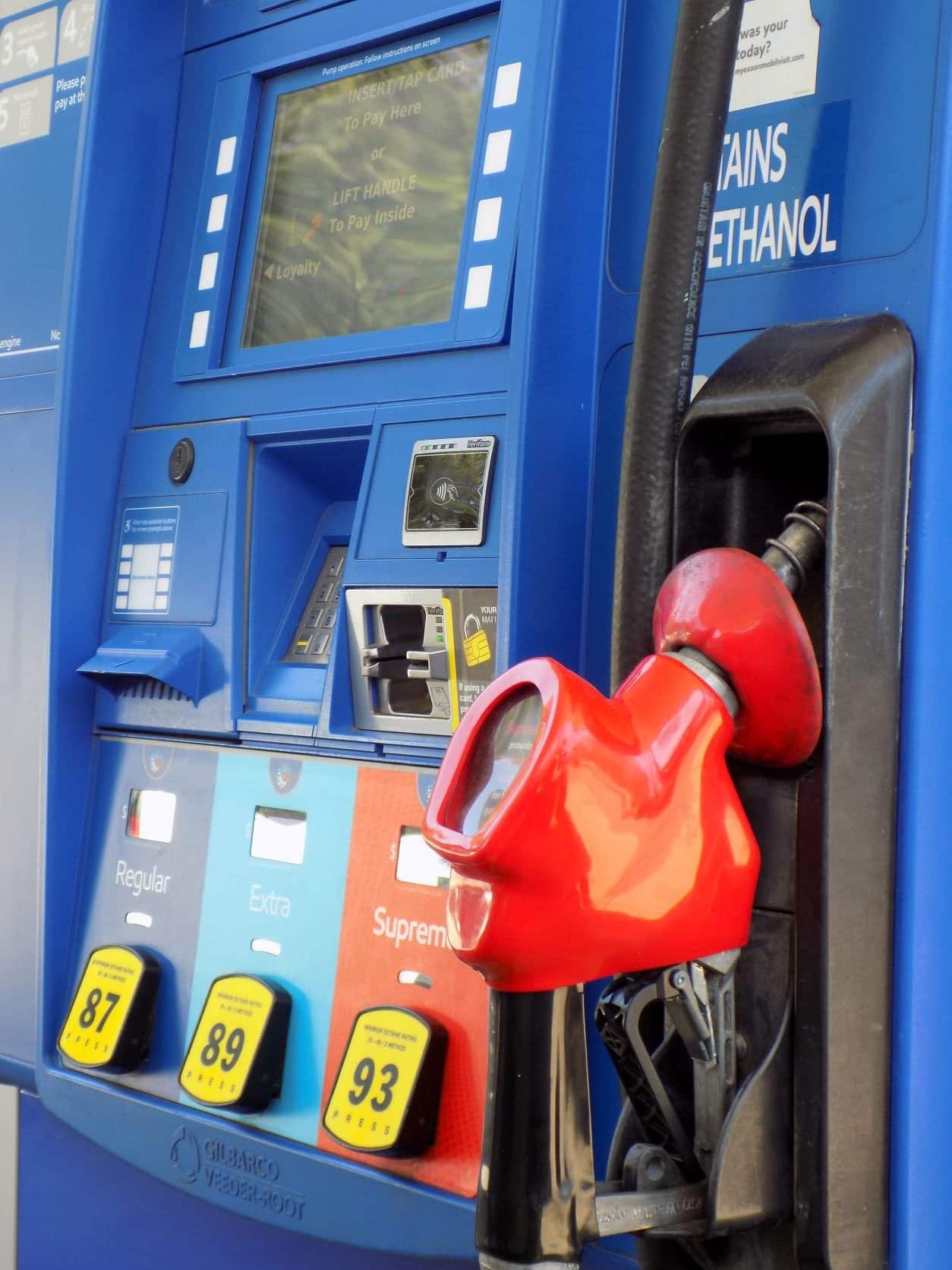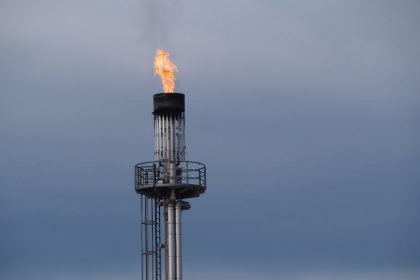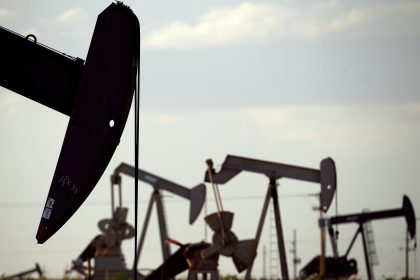Gasoline Prices Plunge, but Concerns About Future Continue

WASHINGTON — The price of gasoline has plunged since Thanksgiving, with stations in Texas and across the Deep South now reporting prices below $3 a gallon, and the national average standing at $3.40 for a gallon of regular gasoline.
However, new sanctions imposed on Russian oil by the European Union on Monday, coupled with a decision by OPEC+ on Sunday to maintain output cuts of 2 million barrels per day — about 2% of world demand — are stoking fears the reprieve at the pump may only be temporary.
Declining gas prices cheer consumers and boost their confidence about the economy, and the current steep drop is expected to have a similar effect in these last weeks of the holiday shopping season.
Domestic gasoline prices have dropped 26 cents nationally in the past two weeks, and 14 cents in just the past week, bringing the average price down to $3.40 a gallon for regular, according to AAA.
At present, the lowest prices for a gallon of gas can be found in Texas, where the price per gallon of regular stood at $2.78 on Monday, and Oklahoma, where it was $2.86 per gallon of regular.
Californians are paying the highest price in the nation for a gallon of regular gas, with the price at the pump stubbornly hovering around $4.77 a gallon.
And some analysts are predicting that much of the nation could be spending less than $3 a gallon by Christmas, even with the EU sanctions, which have been in the works for months.
Under the new sanctions, tankers loading Russian crude oil are barred from accessing Western maritime insurance unless the oil is sold under the G7’s price cap of $60 a barrel.
On Friday, Treasury Secretary Janet Yellen said the price cap, which is also being imposed by the G7 and Australia, “will help us achieve our goal of restricting Putin’s primary source of revenue for his illegal war in Ukraine while simultaneously preserving the stability of global energy supplies.”
“The price cap will particularly benefit low- and medium-income countries who have already borne the brunt of elevated energy and food prices exacerbated by Putin’s war,” Yellen continued. “Whether these countries purchase energy inside or outside of the cap, the cap will enable them to bargain for steeper discounts on Russian oil and benefit from greater stability in global energy markets.”
Russia has vowed to continue exporting its oil even if it is cut off from Western insurance markets. Russia has said it will not deal with any country abiding by the cap.
However, a complication arose Monday when Turkey demanded new proof of insurance in light of the price cap.
The result was a traffic jam of oil tankers in Turkish waters, with as many as 19 crude oil tankers dropping anchor near the Bosporus and Dardanelles, the two straits linking Russia’s Black Sea ports to international markets.
Oil industry analysts said the traffic jam may well be a first sign that the price cap could disrupt global oil flows beyond Russia’s exports.
That’s because much of the oil in those ships is of Kazakhstan origin, according to TankerTrackers.com, which monitors global oil shipments.
Kazakhstan transports its oil to Russian ports via pipeline where it is loaded onto vessels. Kazakhstan is not targeted by Western sanctions.
The action by OPEC+, of which Russia is a member, is intended to boost the global price of oil, which has fallen recently on fears of demand weakness, specifically in China.
According to the Energy Information Administration, the U.S. demand for gasoline is holding steady at about 3.2 million barrels per day.
Meanwhile, total domestic gasoline stocks rose by nearly 2.8 million bbl to 213.8 million bbl.
Bbl is a measure that means one stock tank barrel, or 42 U.S. gallons liquid volume, used in reference to oil or other liquid hydrocarbons.
Dan can be reached at [email protected] and @DanMcCue

























